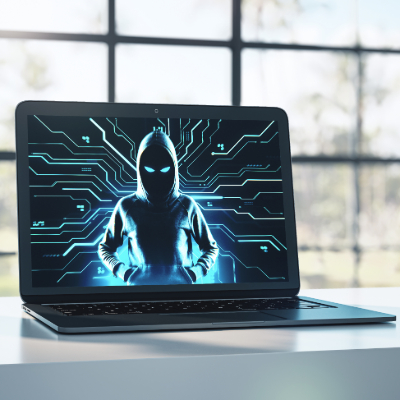I’m sure you have some idea of what you’d want any new hire’s first day to be like. They’re welcomed by the team, and brought to their workstation where everything is ready for them to get to business: all accounts are set up, the laptop works, and there’s a game plan for them to follow. In reality, however, this first day is likely spent obtaining any available laptop and ensuring your new hire has the secure access they need. Meanwhile, the new team member feels increasingly like an outsider, rather than a contributor, as they jump through these hoops. Less appealing than the alternative, right? Let’s discuss how crucial it is to get the onboarding experience right.
How many duties and responsibilities fall on you as a business owner? More often than not, you’ll find yourself wearing multiple hats, picking up the slack where you can because you just don’t have the time or the resources to hire staff for certain specialized tasks. Unfortunately, IT maintenance and management is one such role that falls to the wayside all too often—but it doesn’t have to.
Having a backup is always a smart idea, but it is essential to remember that there are different levels of backup that a business can implement. It’s one thing to be protected against a server crash; it’s quite another to be protected against a disaster that destroys your servers, as well as those of every business within a five-block radius. While local backups serve a purpose, they cannot be the only thing you rely on. Real resilience means looking elsewhere to achieve redundancy.
Business cybersecurity is a constant concern, and attacks are becoming more sophisticated and frequent. Understanding the most common threats is the first step in protecting your company. Here are four of the most frequent ways businesses get attacked.
Implementing cool new technology solutions is fun and all… until you realize that there’s a lot of work involved in it. Your employees, for example, might even resist the change that it brings. How is your business going to address these challenges in a way that is productive for not just your employees, but for your entire organization? That’s what we want to discuss today.
Anyone that runs a business with employees knows just how important their sustained efforts are to the success of the endeavor. Unfortunately, not every person always puts in maximum effort or does things the way they’re intended to be done. This can be an issue for the bottom line. Today, we will be looking at the issue of time theft and what you can do about it.
Cloud computing has altered how businesses operate forever and it’s because it brings unprecedented levels of flexibility and efficiency. One of its most compelling features is its scalability, the ability to easily handle a growing amount of work by adding or removing resources as needed.
AI is everywhere, helping us do everything from writing emails to analyzing data. It’s a powerful tool that can make work more efficient, but it also comes with a hidden risk you should be aware of: prompt hacking. This isn’t some half-baked science fiction. As more businesses rely on AI, understanding prompt hacking isn’t just a job for the IT department—it’s something everyone needs to know.
Are you making the most of your business’ data? While it’s important to keep tabs on the actual numbers, it also helps to have a visual representation of what that data means so that others can easily understand it. Today, we want to look at five creative ways you can use interactive dashboards and data visualizations to show off your business to both external stakeholders and your staff.
It’s a fact that computers generate heat. From the laptop fan whirring away on your desk to the massive arrays of servers powering cloud computing and AI, these machines require cooling to function optimally. As our reliance on the cloud expands, however, the sheer scale of this cooling requirement is transforming into a significant environmental and financial burden.










